In today’s fast-paced world, achieving flawless and radiant skin is a common goal for many individuals. The beauty industry offers an extensive array of skincare products promising miraculous results, but not all that glitters is gold. Beneath the enticing packaging and alluring marketing lies a potential danger – skincare poison. This article will delve into the hidden risks of toxic ingredients lurking in beauty products and their potential harmful effects on your skin and overall health.
The Deceptive Allure of Skincare Products
1. The Beauty Obsession
In a world heavily influenced by social media and the pursuit of perfection, the beauty industry has seen an exponential rise in demand for skincare products. The quest for flawless skin and the promise of radiant beauty can sometimes blind consumers to potential hazards.
2. The Power of Marketing
Clever marketing strategies can make any product seem like a magical solution. From celebrity endorsements to captivating advertisements, companies can manipulate consumer perceptions and create a strong desire to purchase their products.
Unmasking Skincare Poison
3. The Toxic Trio: Parabens, Phthalates, and Sulfates
Parabens, phthalates, and sulfates are commonly used in skincare products as preservatives and foaming agents. However, studies have linked these chemicals to hormone disruption, allergic reactions, and skin irritations.
4. Formaldehyde-Releasing Agents
Formaldehyde-releasing agents, like DMDM hydantoin and diazolidinyl urea, are used in some beauty products as preservatives. When these agents come into contact with your skin, they can release formaldehyde, a known carcinogen and skin irritant.
5. Synthetic Fragrances
The pleasant fragrance of skincare products may be enticing, but most synthetic fragrances contain harmful chemicals. These artificial scents can cause skin sensitivity and trigger allergies.
6. Hydroquinone and Mercury
Hydroquinone and mercury are often found in skin-lightening products. While they may promise a brighter complexion, their long-term use can lead to adverse effects such as skin thinning, discoloration, and even mercury poisoning.
How to Protect Yourself
7. Read the Labels
Become a vigilant consumer by reading product labels carefully. Look out for harmful ingredients like parabens, phthalates, sulfates, and synthetic fragrances.
8. Choose Organic and Natural Alternatives
Opt for skincare products that use organic and natural ingredients. These products are less likely to contain harmful chemicals and are gentle on your skin.
9. Do Your Research
Before purchasing a skincare product, research the brand and its ingredients. Look for reviews and testimonials from reliable sources to gauge the product’s safety and efficacy.
10. DIY Skincare
Consider making your skincare products using natural ingredients. This way, you have full control over what goes into your skincare routine.
Conclusion
In the pursuit of beauty, we must not compromise our health. Skincare poison hides in plain sight, disguised as the solution to our skin woes. However, armed with knowledge and awareness, we can make informed choices and prioritize our well-being. Embrace your natural beauty, and remember, true radiance comes from within.
FAQs About Skincare Poison
Q1: Are all synthetic fragrances harmful?
A1: Not all synthetic fragrances are harmful, but many can cause skin sensitivity and allergies in some individuals. It’s best to choose products with natural fragrances or fragrance-free options if you have sensitive skin.
Q2: What are some common signs of an allergic reaction to skincare products?
A2: Common signs of an allergic reaction include redness, itching, swelling, and a rash on the skin. If you experience any of these symptoms, discontinue use immediately and consult a dermatologist.
Q3: Is it safe to use products with parabens in small amounts?
A3: While the debate about the safety of parabens continues, some studies have linked them to hormone disruption. To be on the safe side, consider avoiding products that contain parabens altogether.
Q4: Can I trust all-natural skincare brands without doing research?
A4: While all-natural skincare brands generally prioritize safe ingredients, it’s essential to do some research to ensure their claims are accurate and backed by reliable sources.
Q5: Why should I choose DIY skincare over store-bought products?
A5: DIY skincare allows you to control the ingredients you use, ensuring that your products are free from harmful chemicals. Additionally, it can be a fun and creative way to customize your skincare routine.

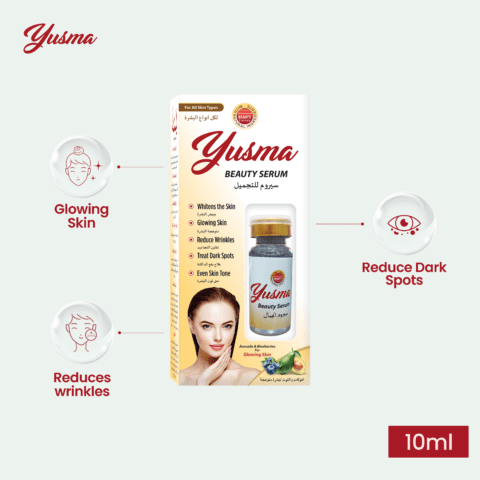
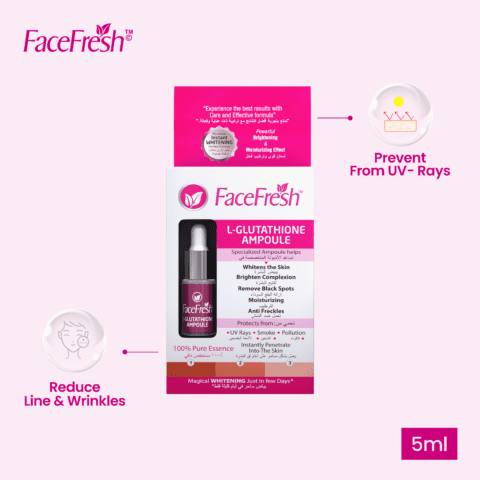
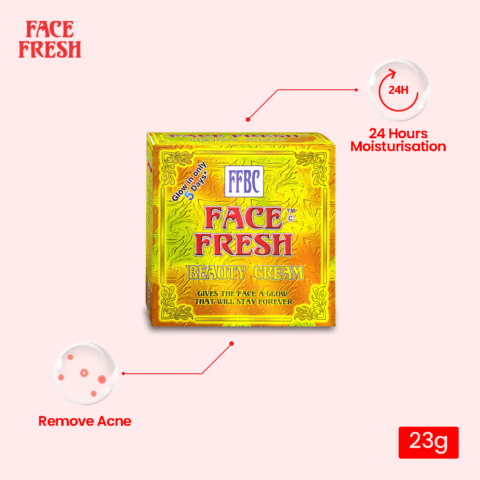
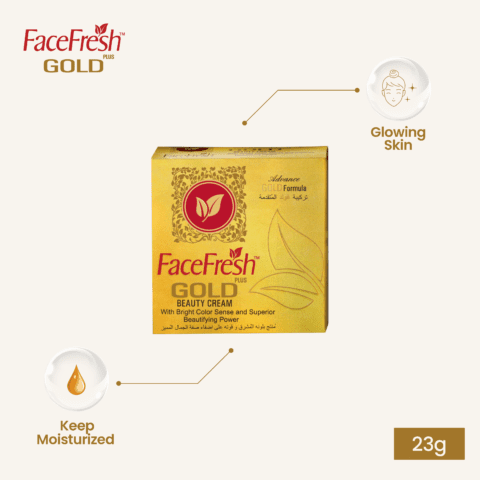
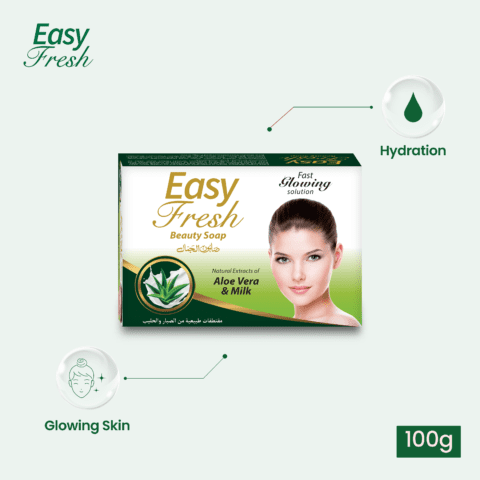
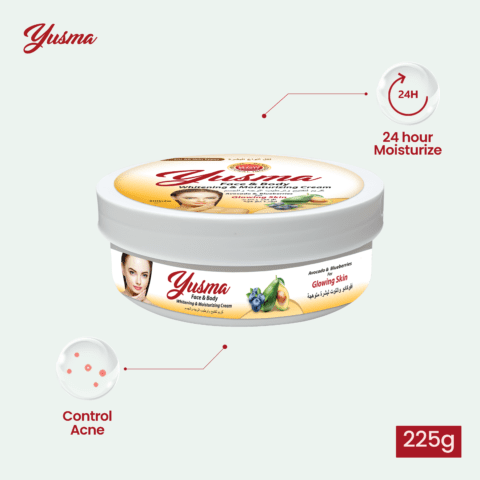

Leave a comment
Your email address will not be published. Required fields are marked *